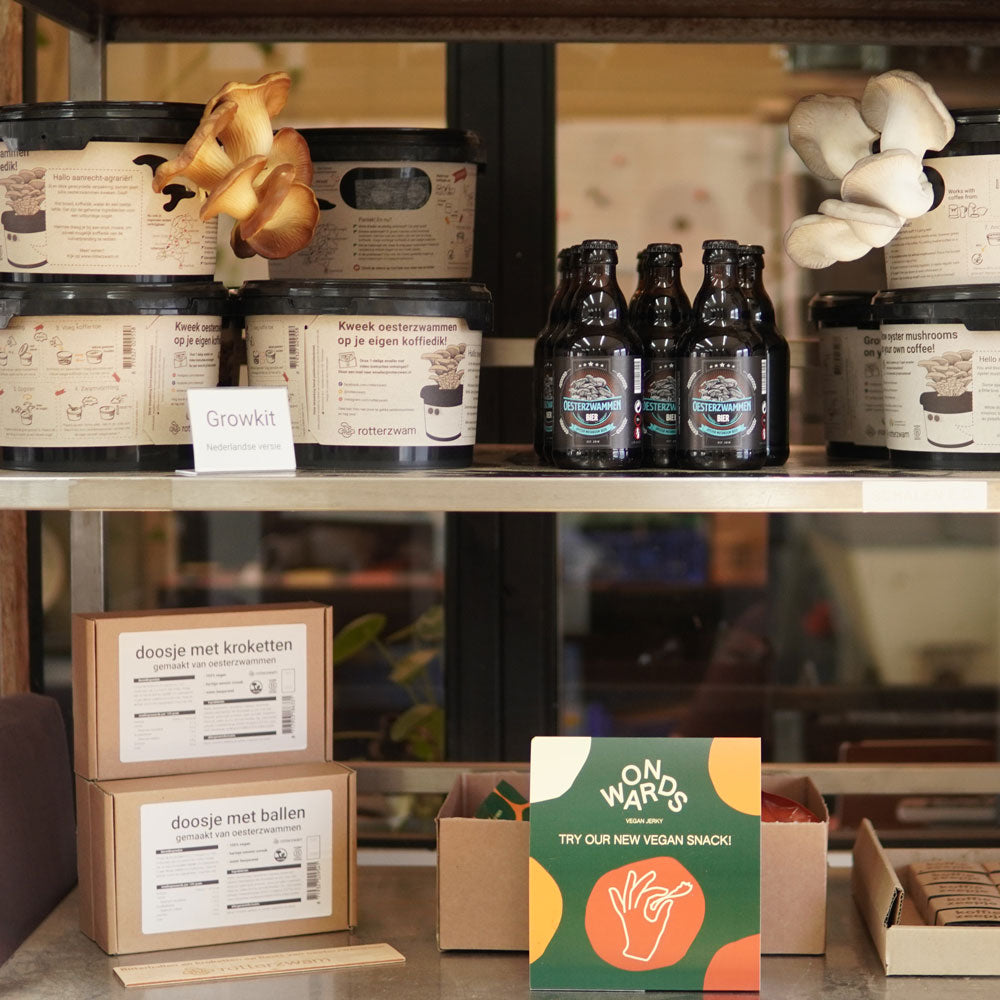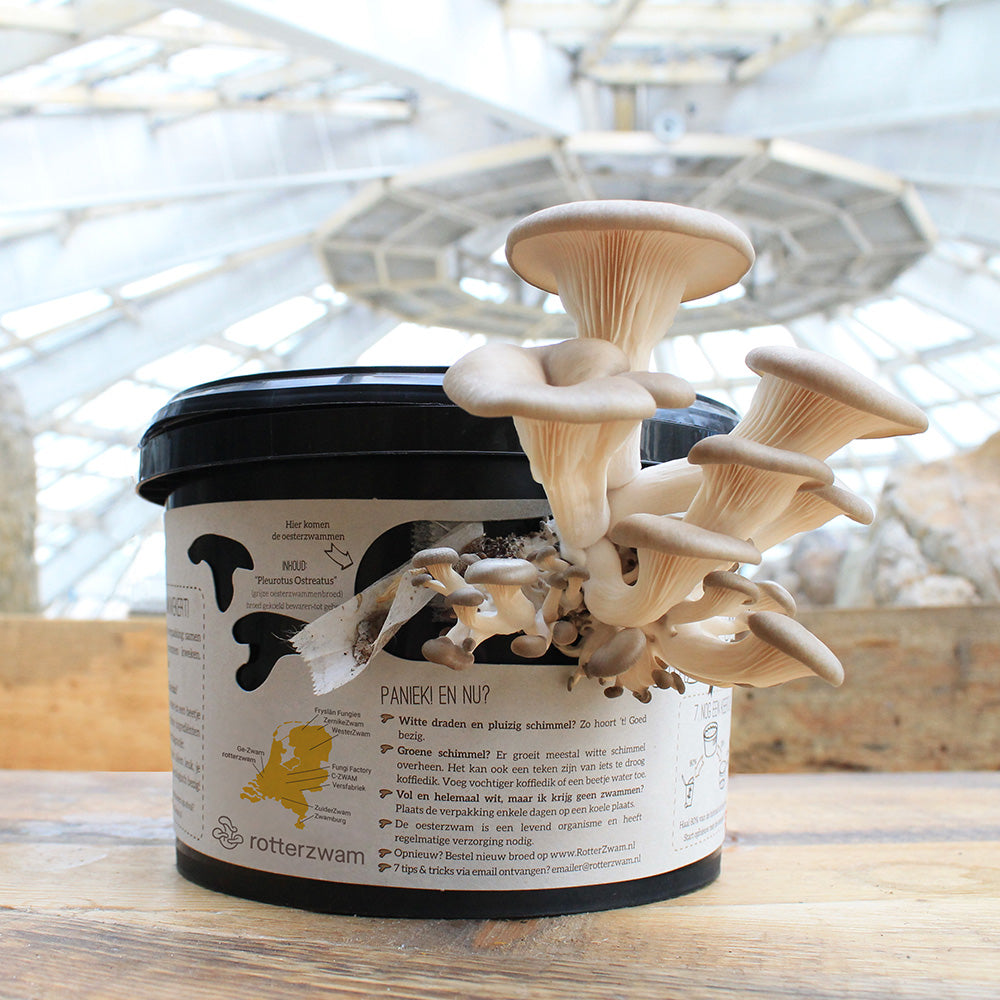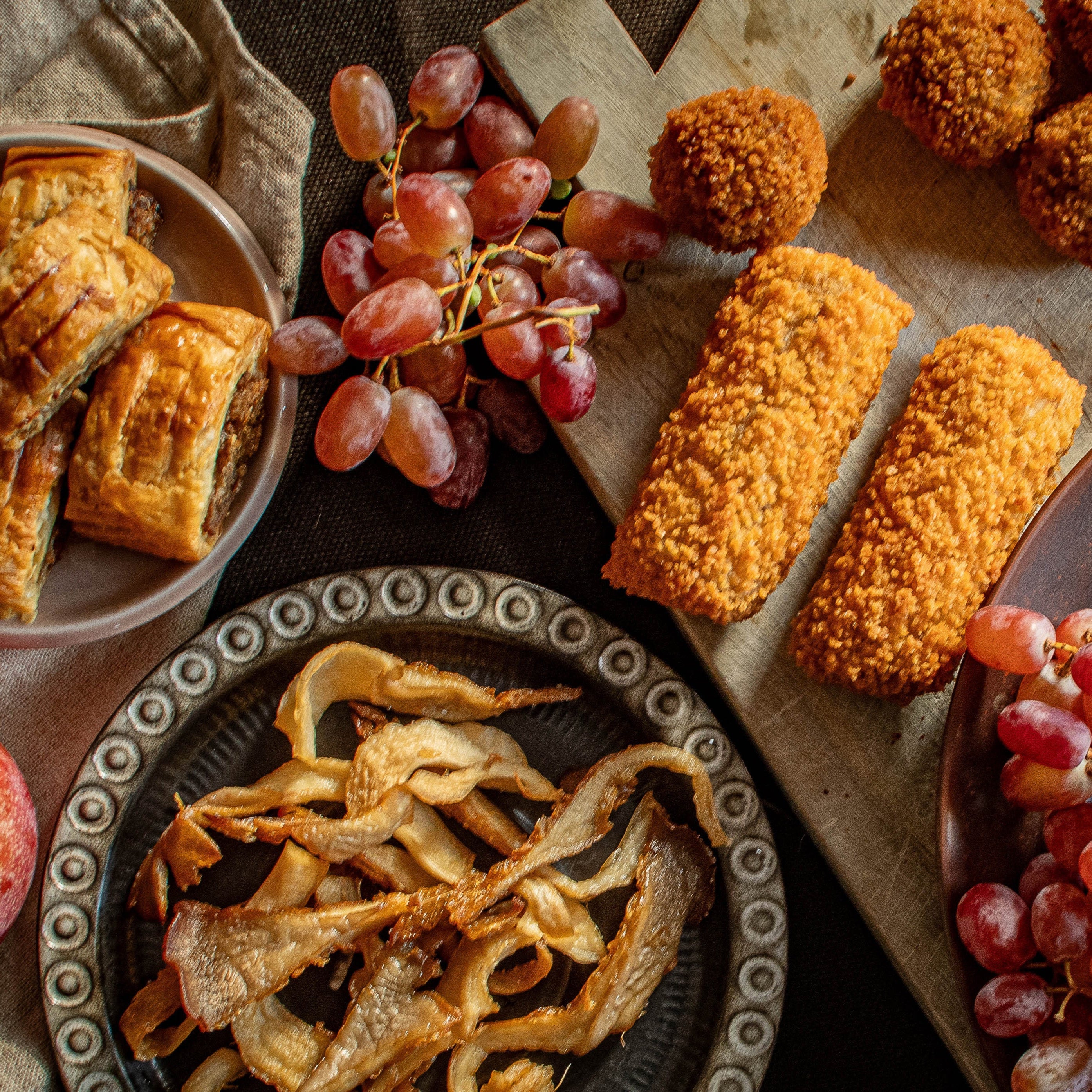- All posts
- Afvalwetgeving veranderen
- B Corp
- Bekroond circulair concept
- circulaire economie
- Circulaire paddestoelen Substraat Faciliteit
- Diensten presentatie
- Duurzaam cadeaupakket
- Impact rapportage's
- koffiedik collectie
- koffiedik inzamelen
- koffiedik ophalen
- MLN
- organische reststromen
- Product presentatie
- Recepten
- samenwerkingen
- stage
- Terug naar de bodem
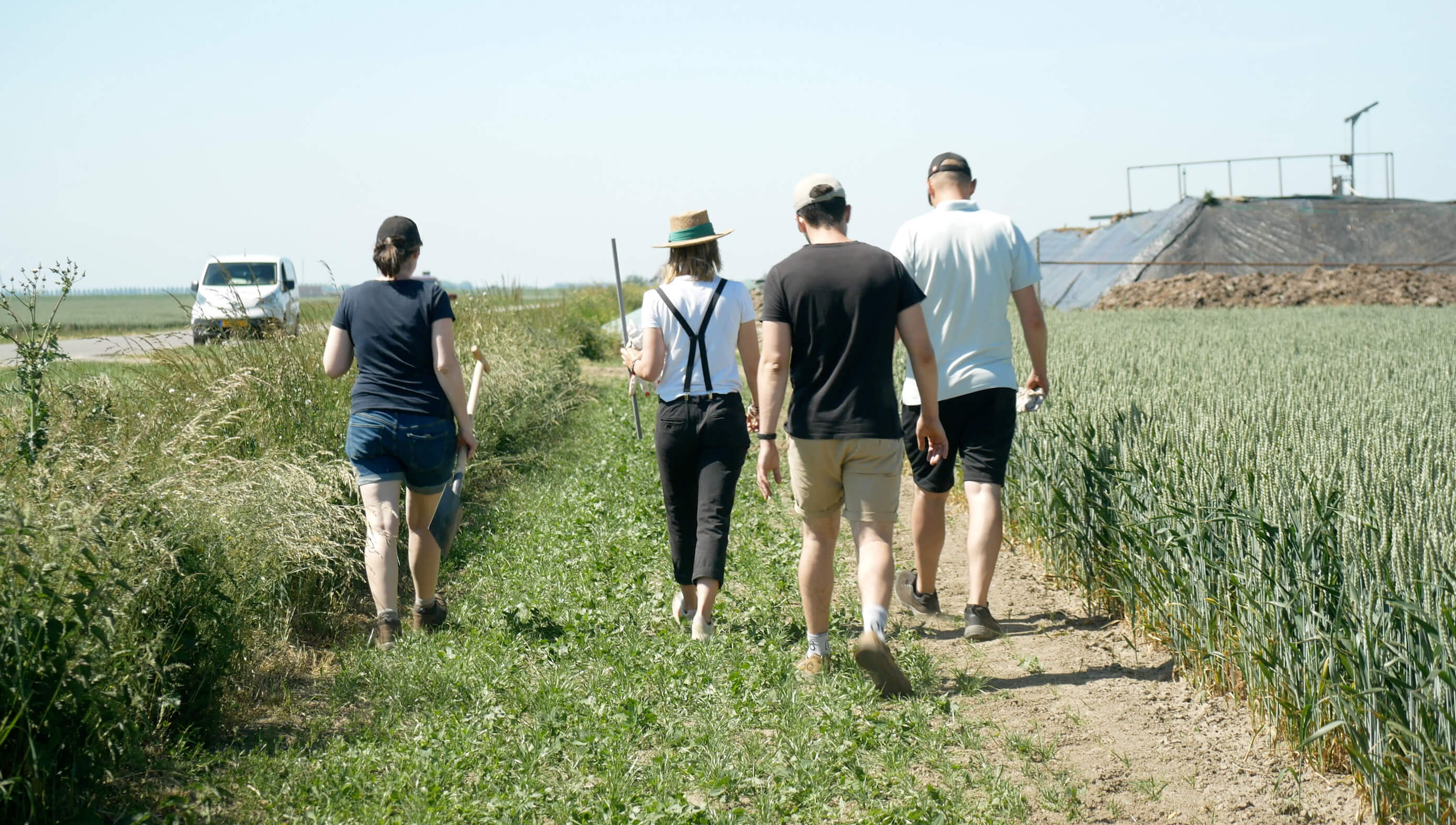
Residual flows on the soil: the next steps
In recent years, we've collected containers full of waste streams, overcome legal hurdles, measured impact, conducted research, and shared results. The conclusion seems clear: organic waste stream...
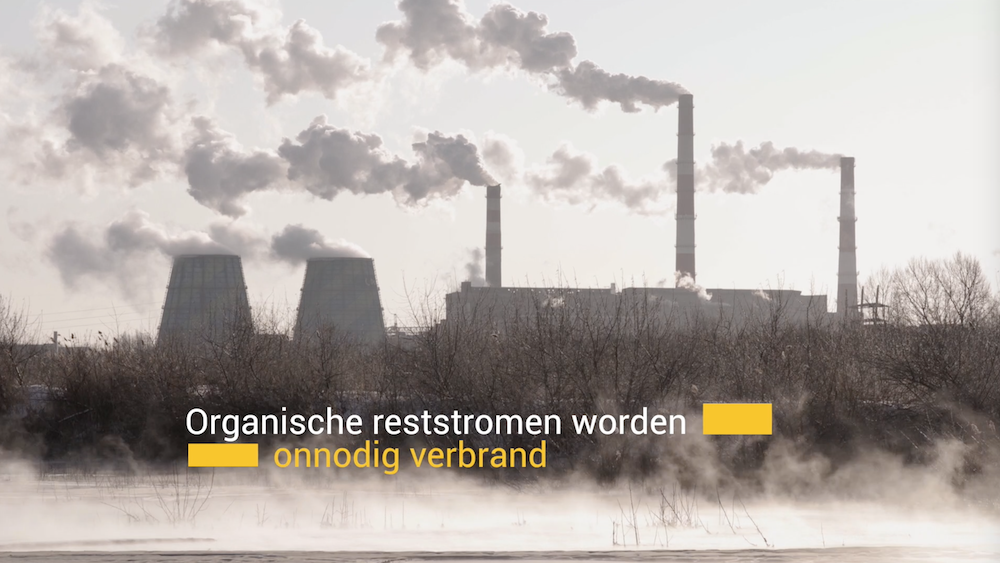
Coffee grounds against soil impoverishment
The Dutch drink approximately 40 million cups of coffee a day. This represents only 0.2% of the coffee bean. The rest remains as coffee grounds. Approximately 500,000 kg of coffee grounds and 33 t...
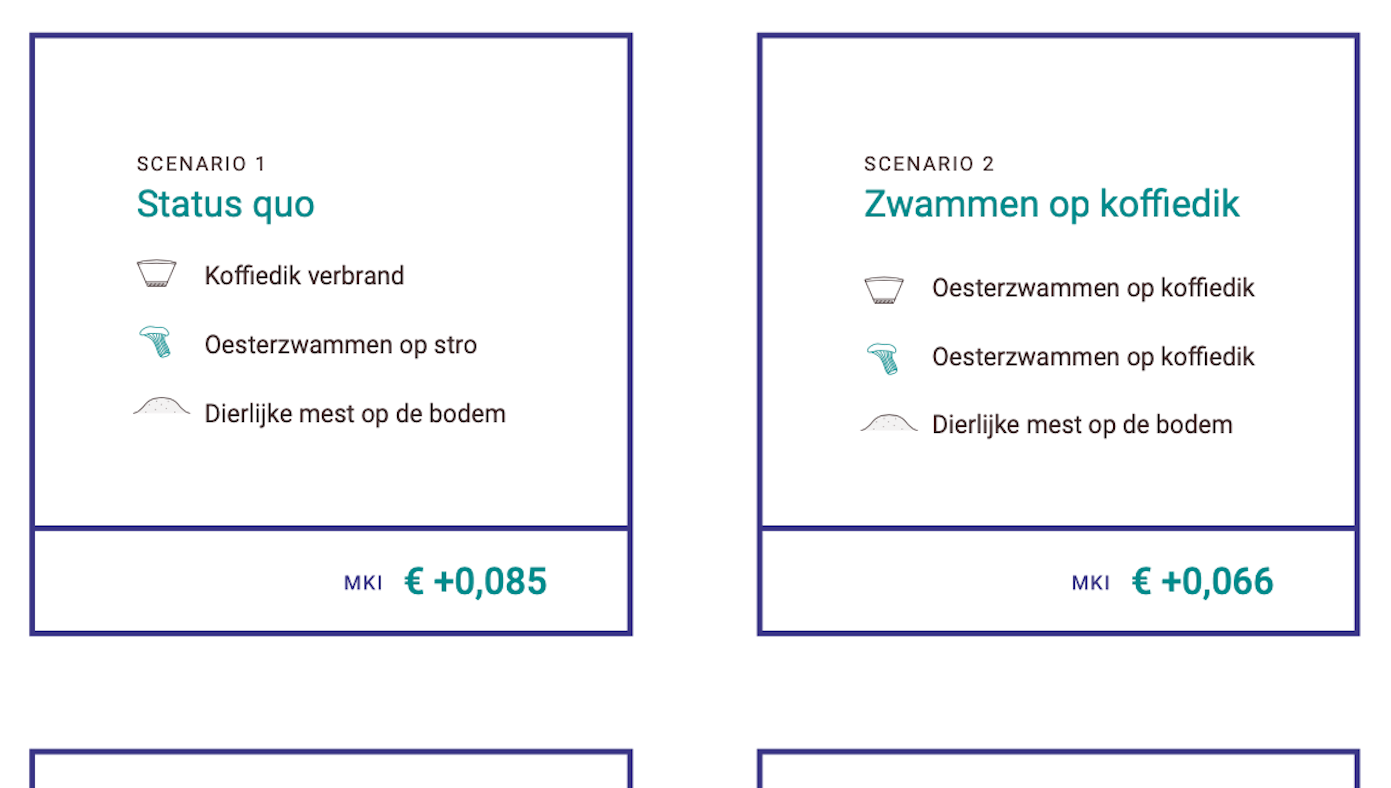
Residual flows on the soil: the impact
Using organic waste streams as soil improvers sounds like a sustainable idea, but what exactly is the impact of this plan? To find out, Ecochain compared several scenarios based on the environmenta...
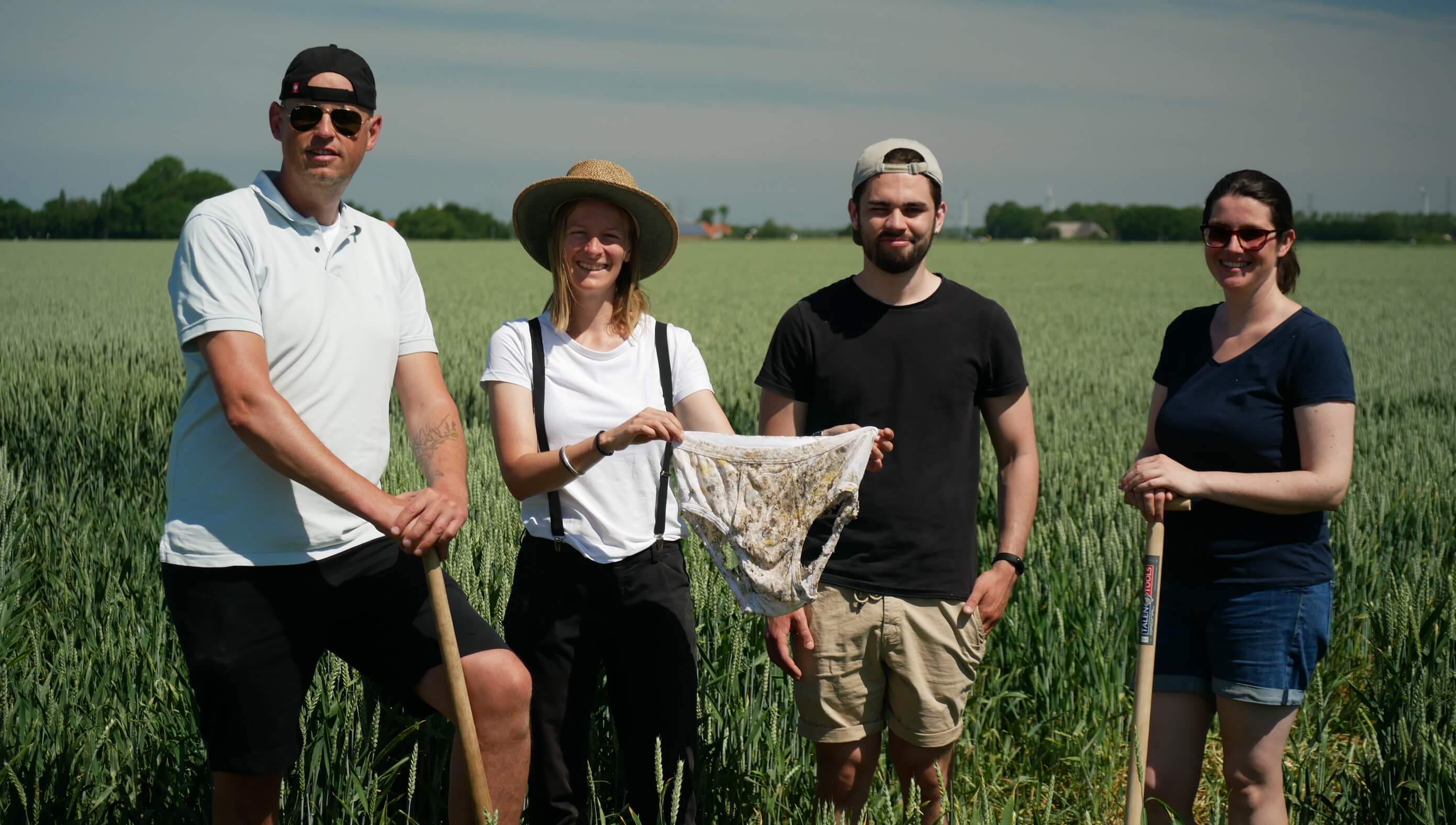
Residual flows on the soil: the research results
This blog series is about our "Back to the Soil" project, in which we investigate whether several organic waste streams can be used as soil improvers in arable farming and how this can be legally m...
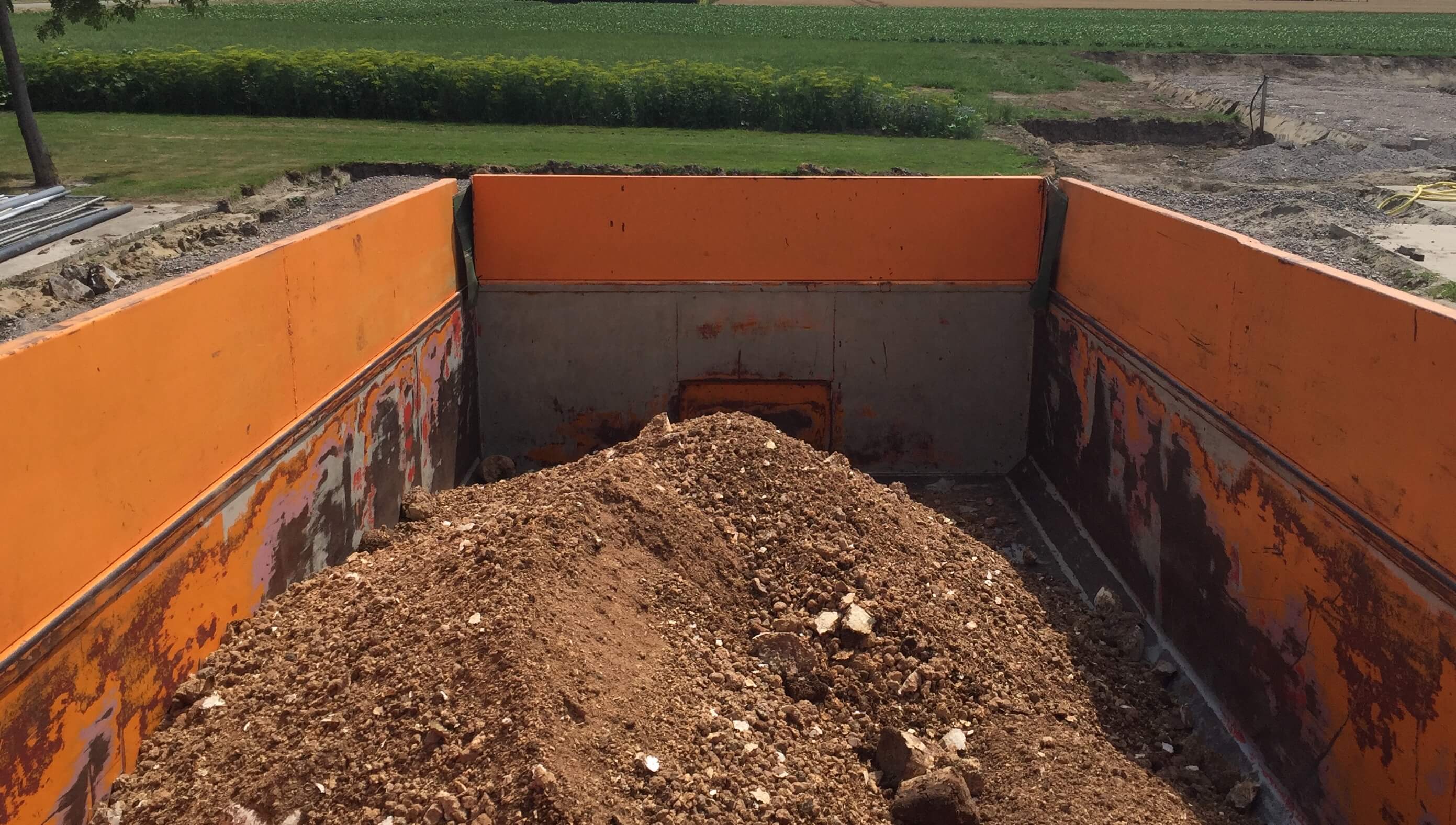
Organic waste flows on the soil: what are the legal implications?
This blog series is about our "Back to the Soil" project, in which we investigate whether various organic waste streams can be used as soil improvers in arable farming and how this can be legally a...
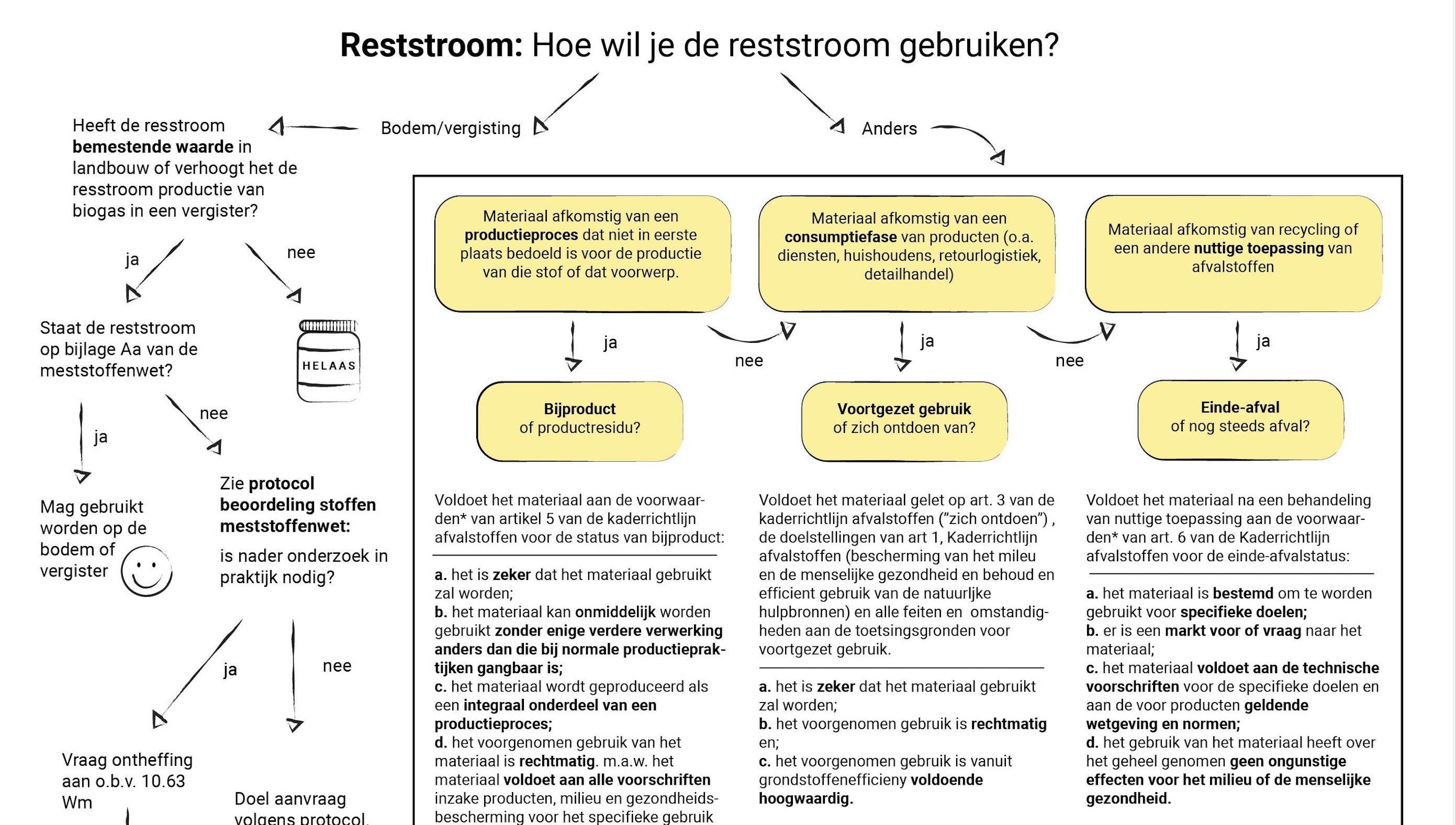
Waste legislation: what is waste?
This blog series is about our "Back to the Soil" project, in which we investigate whether several organic waste streams can be used as soil improvers in arable farming and how this can be legally m...
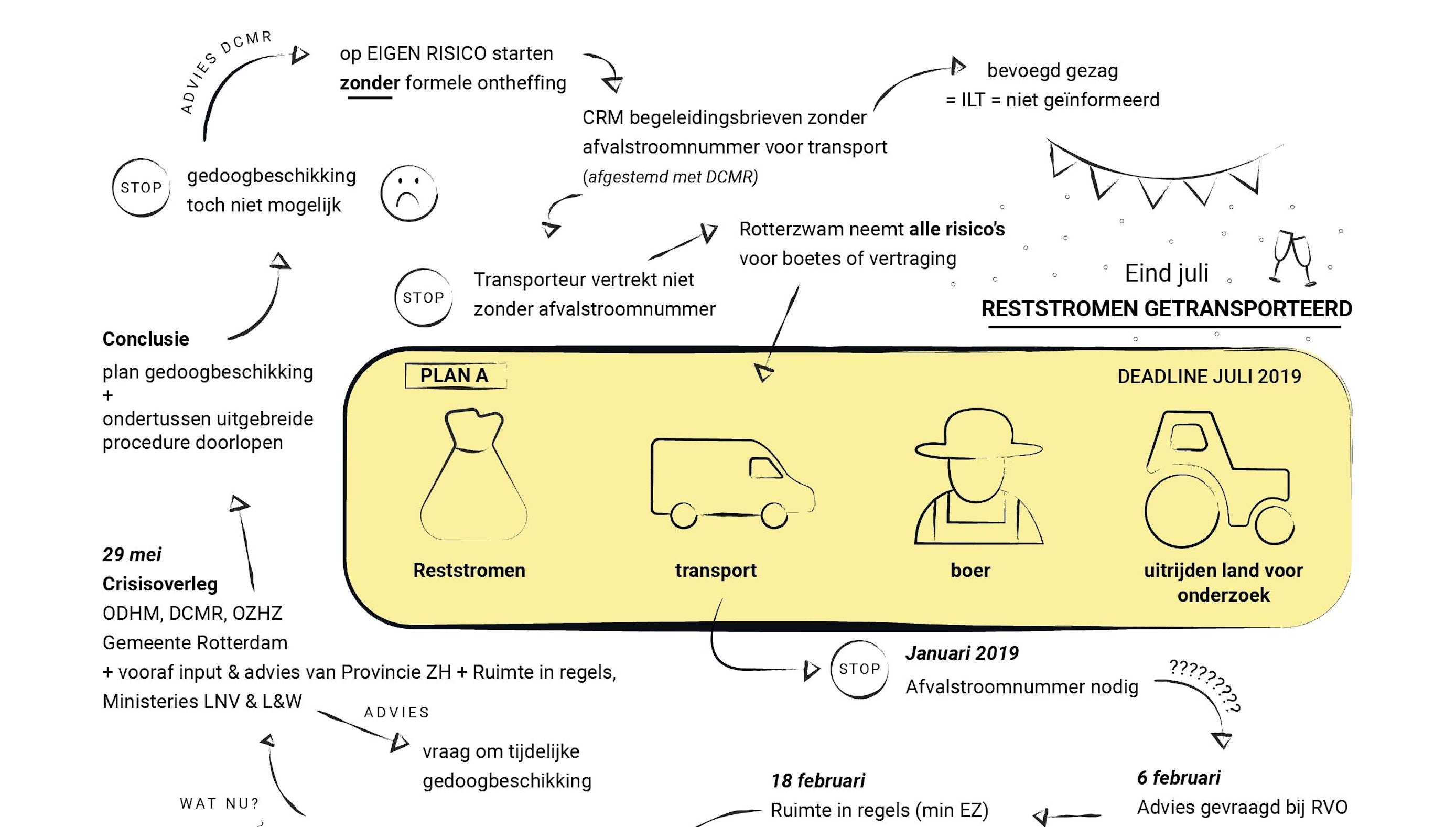
From plan to experiment: the legal waste stream soap
This blog series is about our "Back to the Soil" project, in which we investigate whether several organic waste streams can be used as soil improvers in arable farming and how this can be legally a...
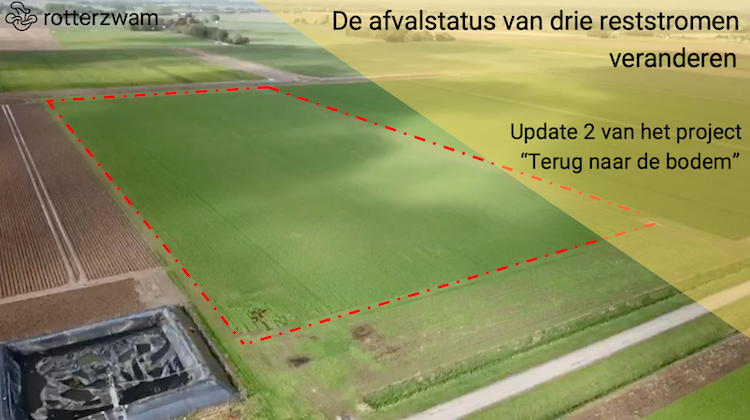
In July 2019, with a great deal of effort, we managed to spread approximately 45,000 kilos of three different residual flows on a test field in Voorne-Putten. It's now October, and a green manure h...
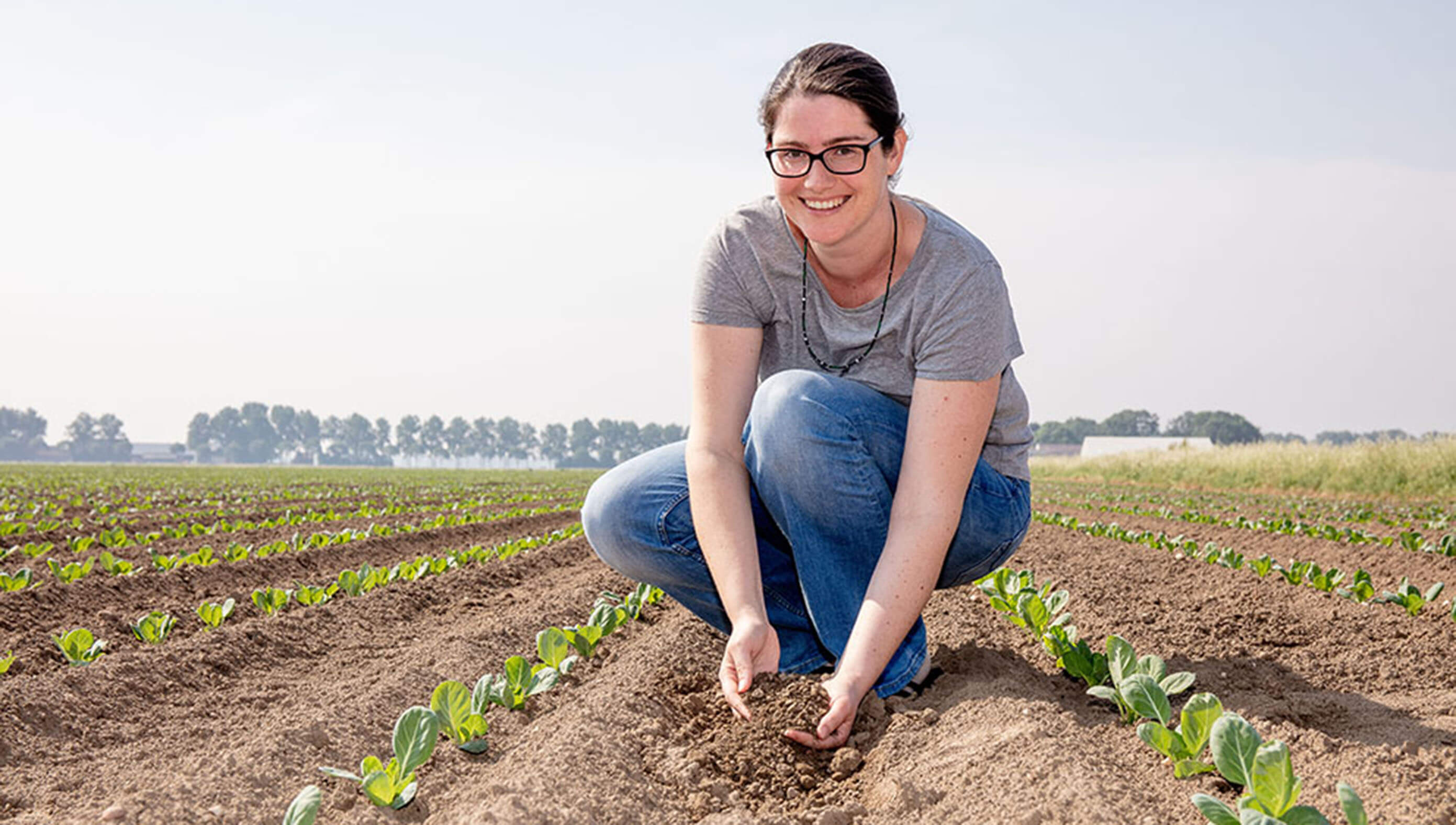
Organic waste flows on the soil: why?
Most people don't think about soil on a daily basis. Understandably. It's a brown mess, it gets your hands dirty, and it's not very exciting to look at. Yet, soil is so much more than that, and ...
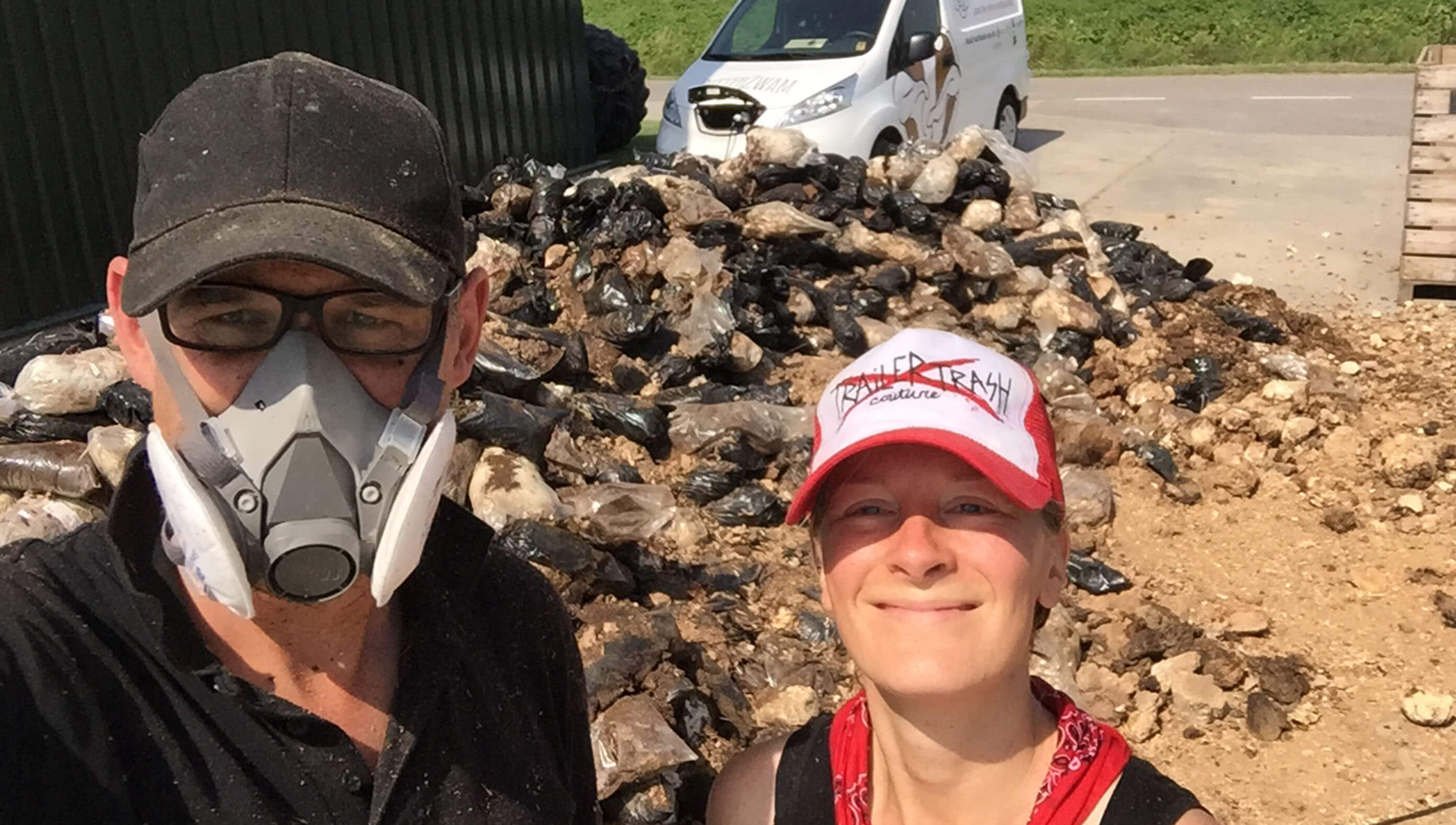
update 1: pot tests, collecting residual flows and spreading
This blog series is about our "Back to the Soil" project, in which we investigate whether several organic waste streams can be used as soil improvers in arable farming and how this can be legally i...
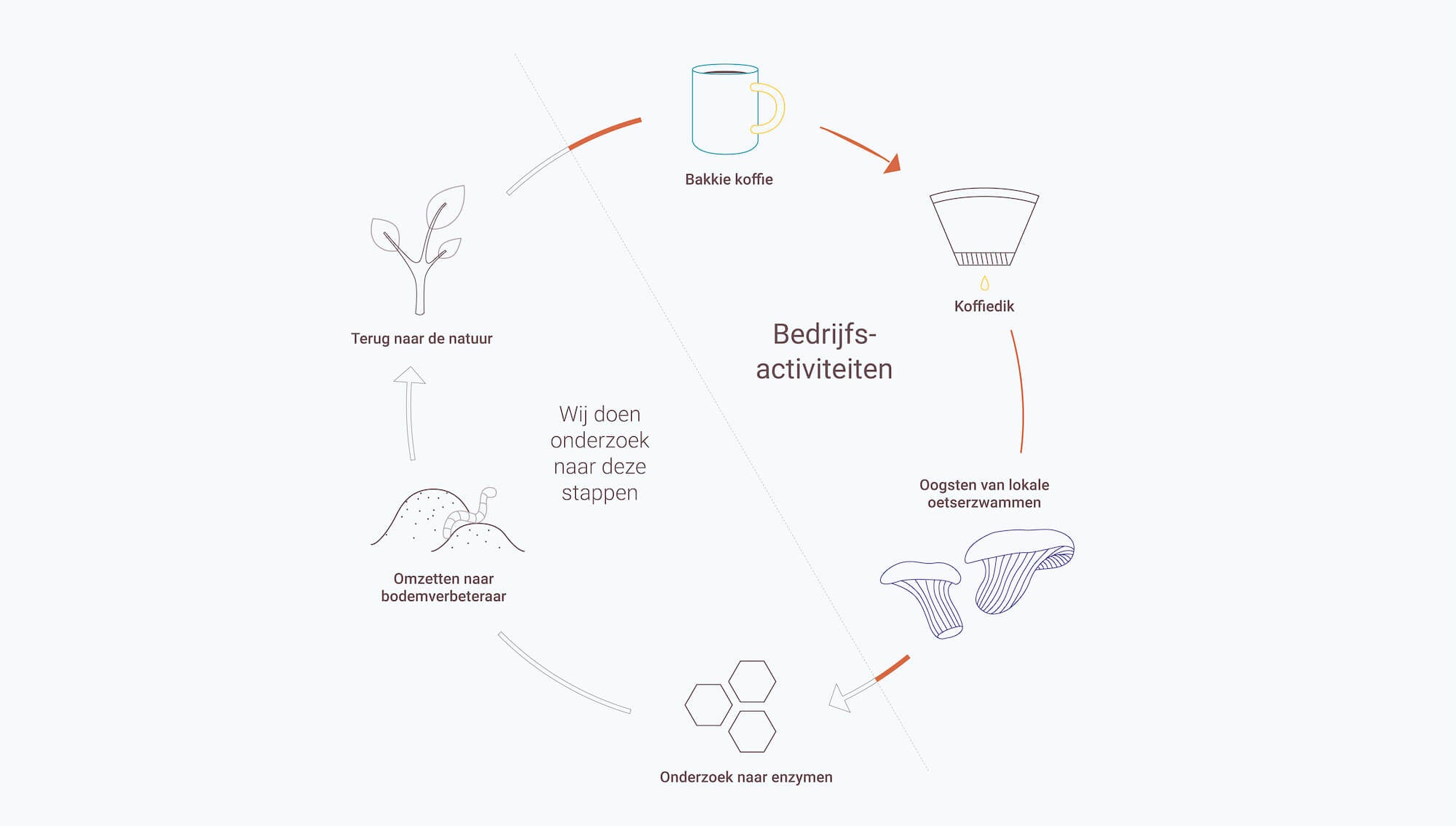
One plus one equals two: on the one hand, organic streams are available and incinerated with residual waste, and on the other, there's a shortage of these same organic streams. Reason enough to ex...
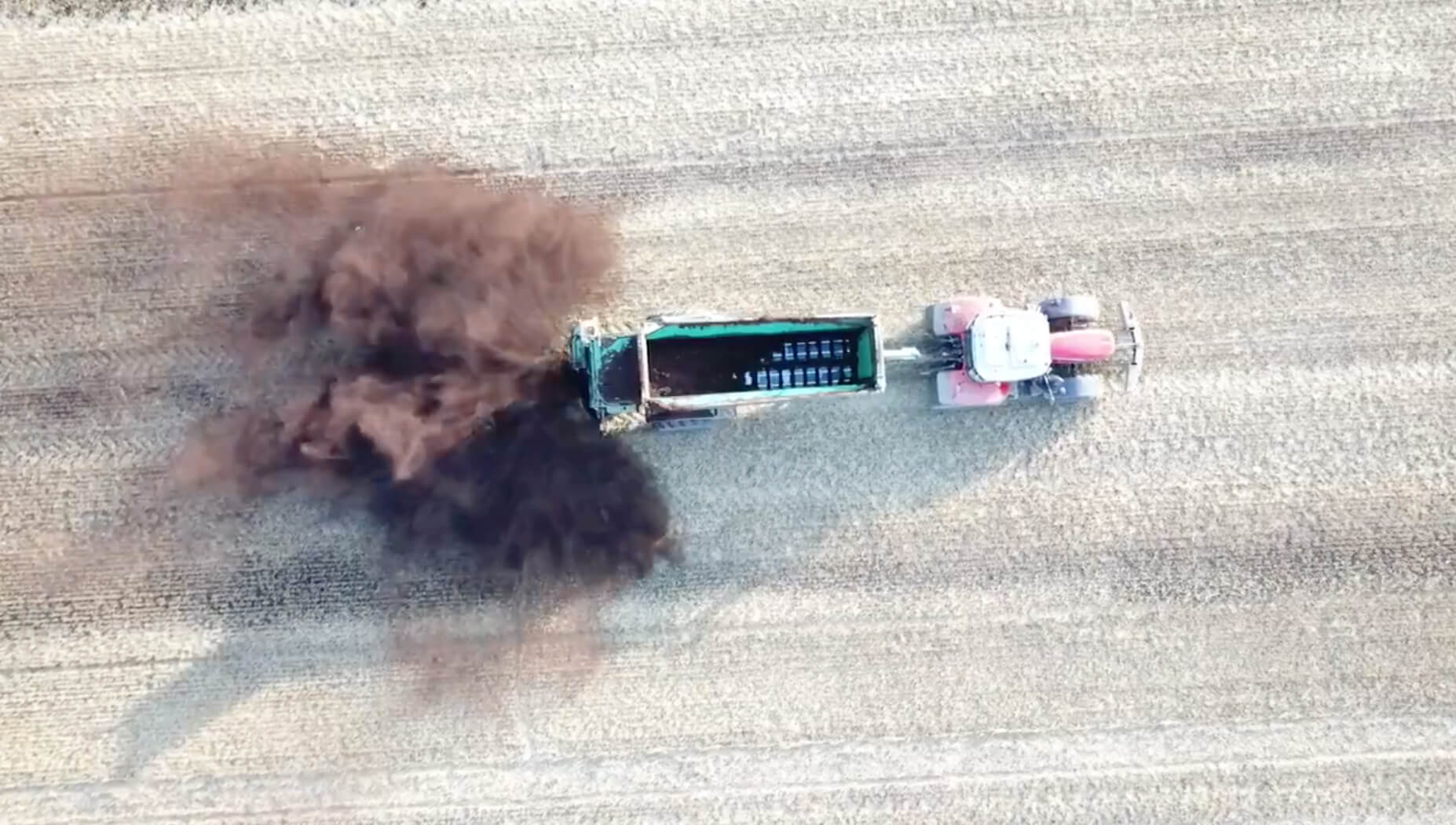
Blog series Back to the Soil: organic waste flows, waste legislation and soil research
This blog series is about our "Back to the Soil" project, in which we investigate whether several organic waste streams can be used as soil improvers in arable farming and how this can be legall...
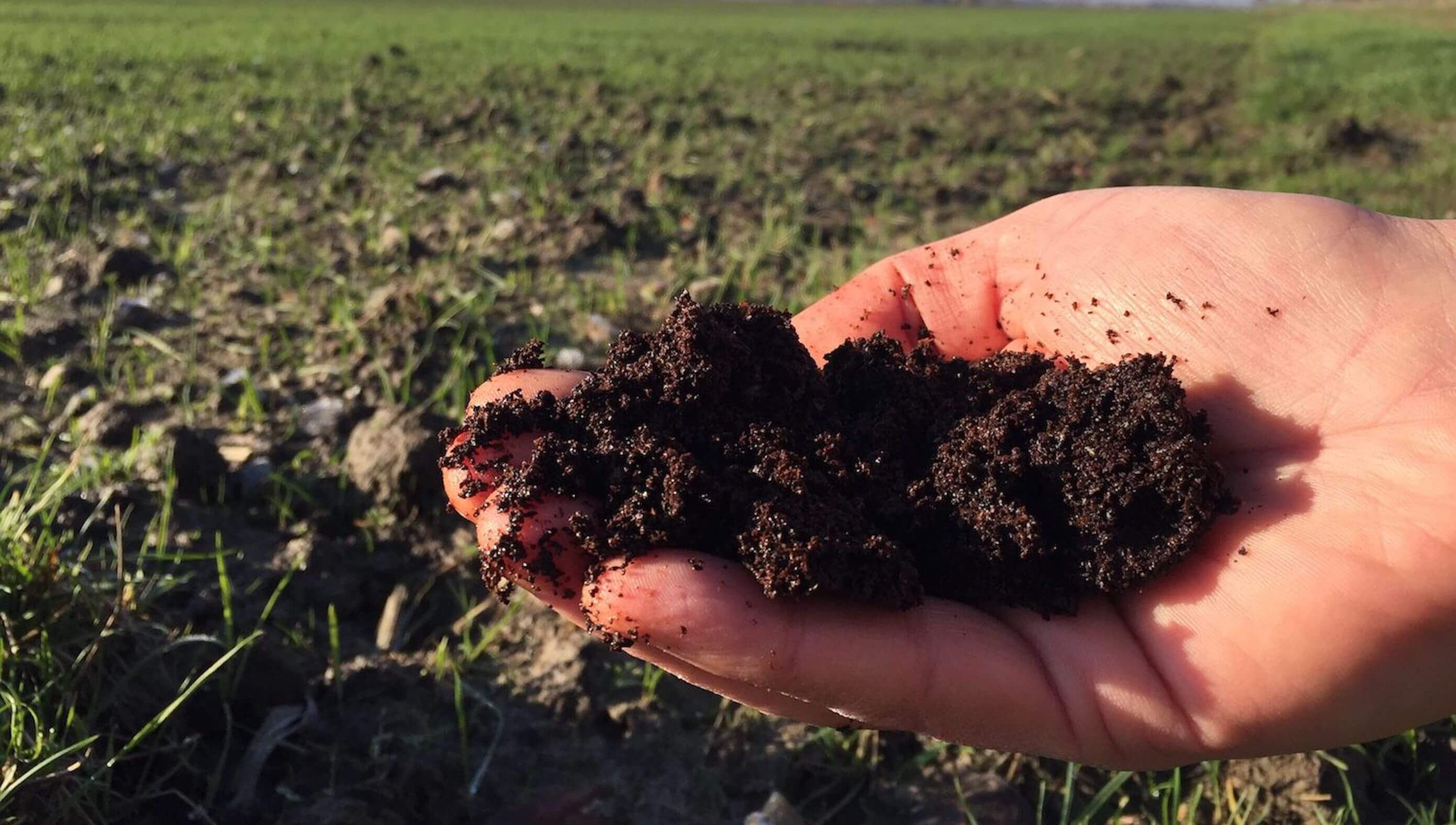
Back to the bottom, closing the loop
For five years, rotterzwam has been developing a decentralized solution for the highest possible quality processing of coffee grounds. A unique collaboration has been established with the "Back to ...

